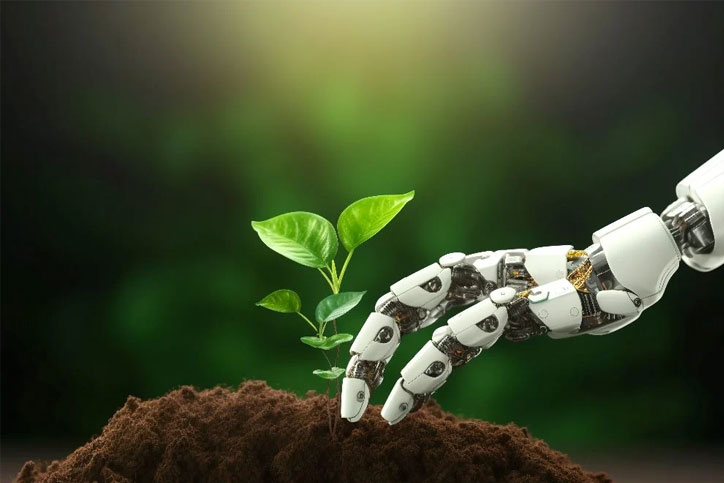Satisfying AI Hardware’s Demands For Energy
As artificial intelligence (AI) continues to revolutionize industries worldwide, there is a growing concern about the massive energy consumption required to power the hardware behind AI technologies. With the rapid expansion of AI, particularly in areas such as machine learning, natural language processing, and large-scale data processing, the energy demands of AI hardware are skyrocketing, raising questions about the environmental impact of this growth.
The Growing Energy Appetite of AI
Luis Fernández, TC Microchips’s CEO explains, “AI systems rely on highly specialized hardware, such as powerful GPUs (Graphics Processing Units) and TPUs (Tensor Processing Units), to handle the vast amounts of data required to train machine learning models. These training processes, especially for advanced applications like generative AI and large language models, can consume vast amounts of electricity.”
Indeed, a recent study estimated that training a single large AI model could emit as much carbon dioxide as five cars over their entire lifetimes.
As AI adoption accelerates across industries—ranging from healthcare and finance to autonomous driving and entertainment—so too does the need for even more data centers and computing power. Data centers that house this hardware are already known to be significant energy consumers, with many of them relying on non-renewable energy sources. Some analysts project that the energy demands of AI infrastructure could balloon to the point where the industry’s total consumption rivals that of a country the size of the Netherlands, which is one of Europe’s most densely populated nations.

Why Is This a Concern?
The scale of energy consumption required to power AI hardware is not just an economic issue; it poses a significant environmental threat. Countries and companies are increasingly focused on reducing their carbon footprints, yet the AI industry's rising energy use could undermine global efforts to curb climate change.
Making AI more Efficient
While the explosive growth of AI is undeniable, there are ways to mitigate its environmental impact. Researchers and industry leaders are increasingly focused on making AI hardware more energy-efficient. For example, companies like NVIDIA and Google are working on more power-efficient chips and hardware designs that can handle large-scale computations with less energy.